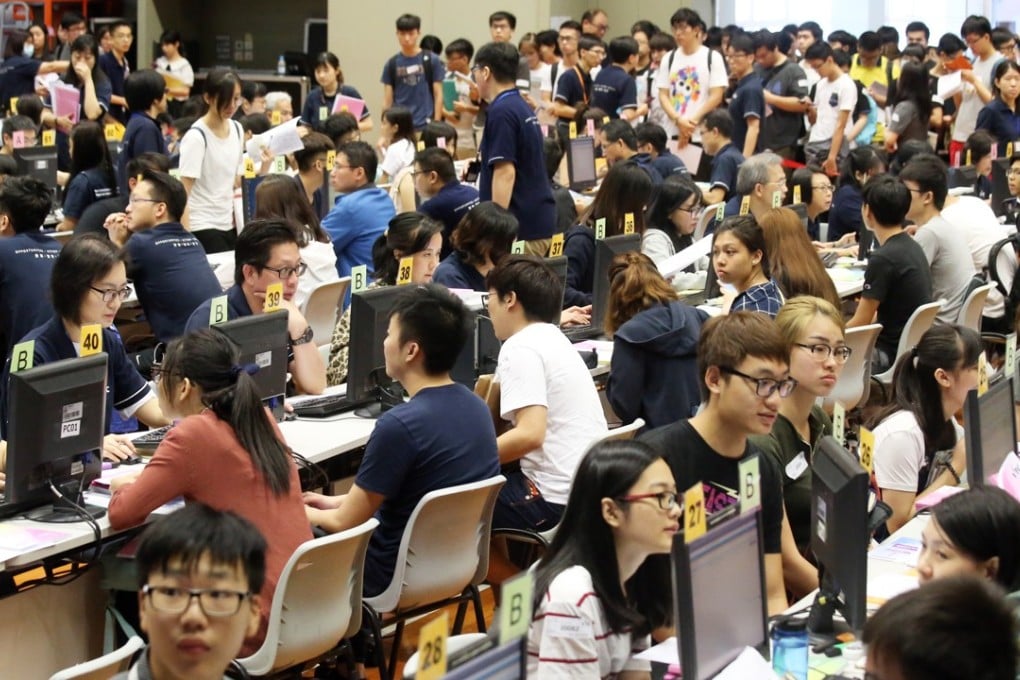Review of liberal studies is required
After nearly a decade, it is not unreasonable for such action to be taken with youngsters needing to be better equipped for working in an increasingly complex and globalised environment

Mixing the school curriculum and politics is hardly in the interest of education.
In a city where politics is getting into almost everything, the need to guard against such a trend is even more pertinent. The ongoing debate over the review of compulsory liberal studies in secondary schools has become so politically charged that it risks losing sight of the basics when considering whether the subject should be overhauled.
A compulsory subject in the university entrance examination since 2009, liberal studies aims to replace rote learning by broadening and strengthening pupils’ perspectives, social awareness, critical thinking and analytical skills.

It covers a wide range of topics, including personal development, technology, the environment, Hong Kong society, China’s reforms and globalisation. It was generally hailed as a bold reform, despite concerns over the lack of model teaching and assessment materials.